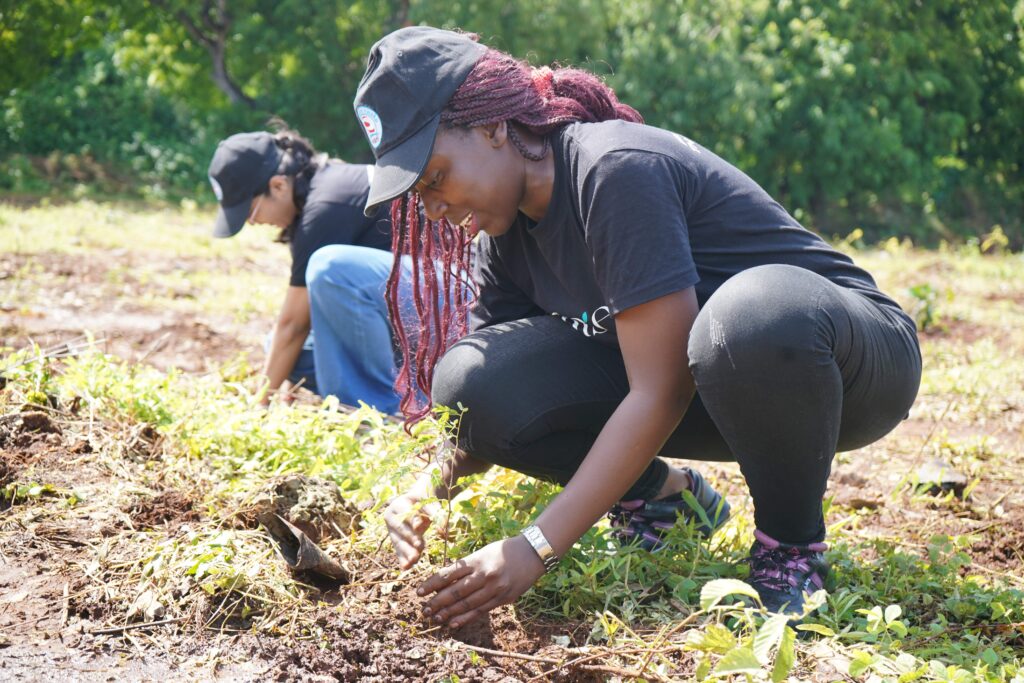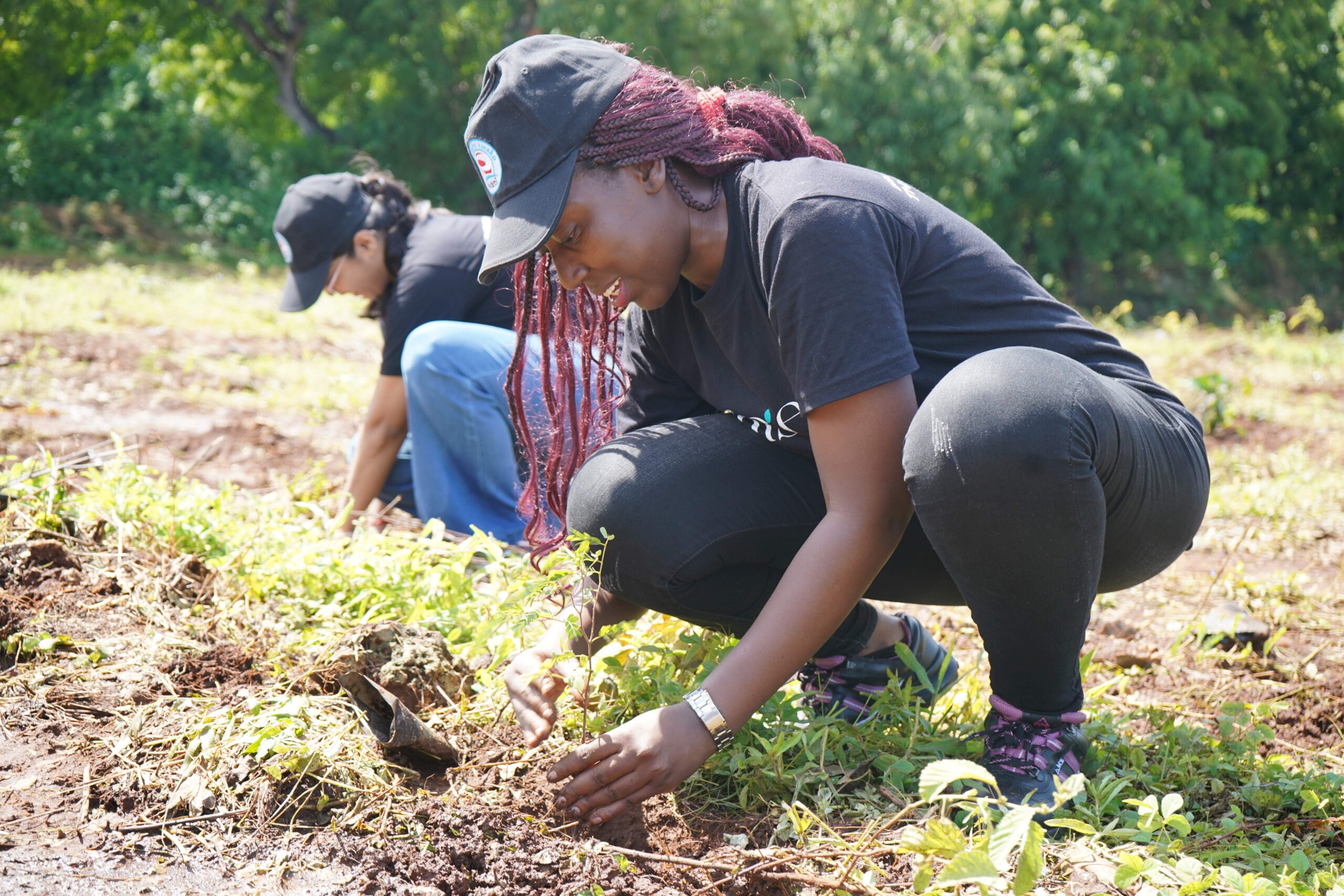
In a bold stride toward its reforestation target, Pwani Oil has planted 3,000 tree seedlings along Kenya’s North Coast Beach, reinforcing its commitment to grow 1 million trees across the country by 2030. This brings the total number of trees planted by the company to 41,000 over the past two years, with plans to further scale up its annual targets over the next five years.
Kenya’s North Coast features diverse marine ecosystems, including mangroves, seagrass beds, intertidal reef platforms, and coral reefs—all critical to marine biodiversity and fisheries. However, the region faces mounting environmental threats due to high population growth, rapid urbanization, industrial development, overexploitation of natural resources, and the impacts of climate change, such as sea-level rise and coastal erosion. These factors have contributed to environmental degradation, posing serious risks to marine ecosystems, biodiversity, and the livelihoods of coastal communities.
Kenya’s alarming deforestation rates reflect the broader crisis. According to the Kenya Forest Service (KFS) 2024 Forest Status Report, the country loses approximately 84,716 hectares of forest annually, with an additional 14,934 hectares degraded each year.
Pwani Oil today reaffirmed its commitment to environmental sustainability through the large-scale tree planting initiative to mark World Environment Day. The company involved local community members in the drive to promote environmental stewardship and create alternative livelihoods—addressing some of the socio-economic drivers of environmental degradation.
“Today’s activity is not just about planting trees—it’s about restoring ecosystems, building climate resilience, and promoting environmental stewardship within our communities,” said Rajul Malde, Commercial Director at Pwani Oil. “Through collective action, we can make a meaningful contribution to Kenya’s reforestation goals and secure a greener future for generations to come.”
In 2024 alone, Pwani Oil planted and donated 38,000 tree seedlings, marking significant progress toward its environmental targets.
In addition to local residents, the tree planting exercise drew participation from environmental groups and government officials, who emphasized the importance of public-private partnerships in tackling climate change.
Participants underscored the urgency of aligning corporate sustainability efforts with Kenya’s national forest policy, which seeks to achieve at least 10% forest cover and promote community engagement in forest sector development.
Pwani Oil’s tree planting campaign aligns with Kenya’s broader climate mitigation strategy. During the launch of a national tree planting initiative in 2023, President William Ruto highlighted the severe consequences of climate change on public health, infrastructure, and supply chains. The government’s intensified reforestation efforts have already led to a significant increase in newly planted areas—from 2,400 hectares in 2023 to 4,900 hectares in 2024—according to the 2025 Economic Survey.
Pwani Oil urges all stakeholders—including schools, community groups, and environmental partners—to join hands in future tree planting drives and become champions of a greener, more resilient Kenya.
